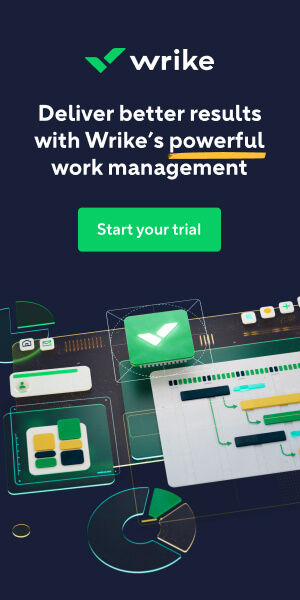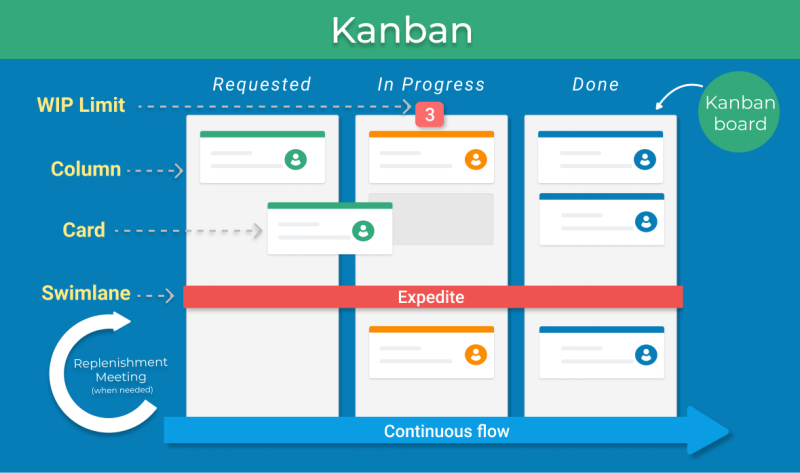CRM stands for Customer Relationship Management. This includes suites of software that help track who your customers are, what businesses they normally engage with, their interests by demographic, and their buying habits with you — everything that you might have noticed while you were doing your job, but haven’t quantified. While CRM is usually developed for wider-scale businesses or corporations, it can still be useful for small businesses to help them reach higher potential audiences and generate more sales.
Small businesses need every advantage they can get. Most small businesses prioritize their product or service before they think about all the legalities and systems at their disposal. Running a business requires far more than just a good product, and a good service can’t expand itself without a consistent stream of customers. All the tools that exist to benefit bigger businesses can still be utilized by small business owners. They just have to be a bit more personal with how these tools are implemented.
Read more: CRM Software for Small Business 2021
How Does a Small Business Use CRM?
CRM isn’t just a type of software. It’s a methodology, a collection of techniques that can be fitted together into a system. You may already be engaging in CRM by tracking customer sales individually or filing frequent buyers into their own database. Separating one group of customers from another, based on any of their business-centric demographics, also counts for CRM. However, there are software suites available that can assist with all of that.
CRM isn’t just a type of software. It’s a methodology, a collection of techniques that can be fitted together into a system.
Many CRM solutions are geared towards larger businesses — corporations or companies with multiple branches who need to coordinate with one another across a wide area. A smaller business, which has its own local reach or a much smaller team, can still get good use out of CRM software as long as it’s been geared more towards them. There are plenty of them. One of the more widely used platforms is Zendesk, which also integrates mobile apps into a business automatically. Some tools are made for specific businesses, but generally they have the same sets of essential features.
What Can a CRM Do?
CRM tools allow much easier access to customer and client information, which can be viewed and dispersed among a team or collected by a manager to review. Most CRM suites include features like:
- Database organization
- Data collection from sales
- Customer data aggregation
- Social media integration
- Automated marketing applications
Contact lists can be managed for customers or clients at either end of the business so they can be reached out to down the road. CRM software is also capable of segmenting customers by demographic, so your business can reliably target the customer bases you most want to reach.
Many CRMs come equipped with automatic email campaign management. Just write an email once and add some blanks that will be filled in automatically from the contact list. Then, your business can send out mass directed email marketing to your customers, connecting them further with your business. It can do this on a schedule automatically after being set up once. That’s less time sending the actual emails. Some CRMs even work with text messaging.
It can also help with reporting, showing you a breakdown of where your business is most effective and where it might be suffering. What stock moves, and when. The value of your services are based on cost margins of supplies or labor. With all that information, CRMs can then help identify and score potential leads for new customers and demographics, based on what works now and what can be improved. This is something many businesses fail to do on their own, or hire out to do with mixed results. CRMs make this much easier.
Never Too Small to Succeed
CRMs are massively helpful to all forms of business, big and small. Even if you’re running a seasonal, local, or self-employed business, there will be times when you might get overwhelmed by data. More customers than you can handle, more work orders, more requests, and more work than you’re used to. Using a CRM can help reduce that stress. The initial work undertaken to implement CRM adds up to a lot of positive results down the road. CRMs are proven to help bigger businesses succeed. You can stay small, but that shouldn’t stop you from thinking big!
Read next: Using BI to Improve Teams & Projects 2021












